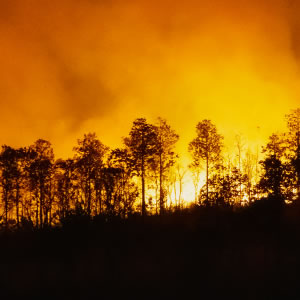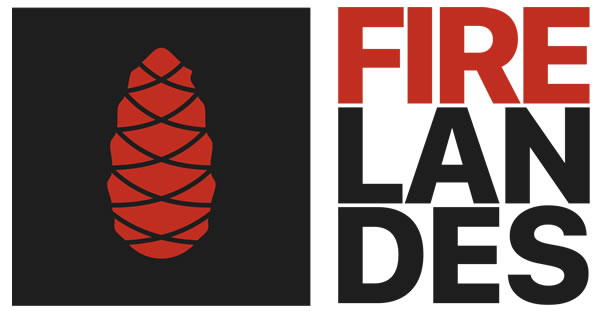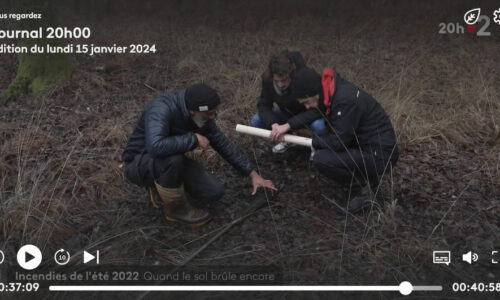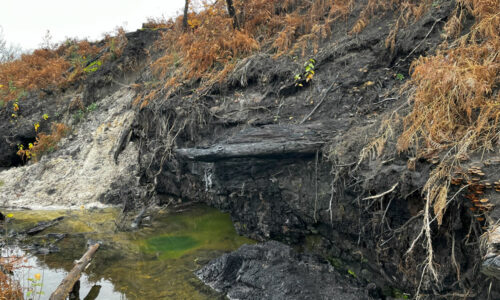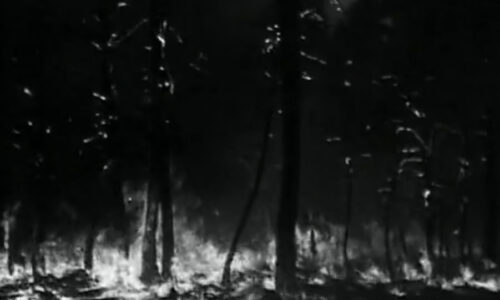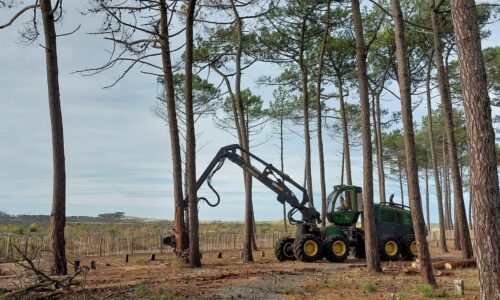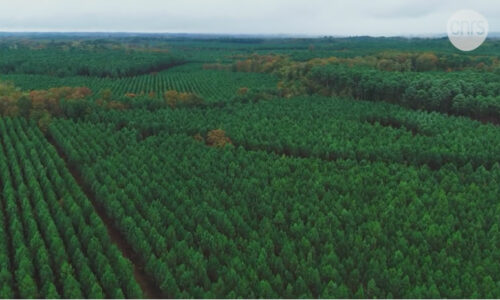
Fire Landes project
The fire season of summer 2022 in France has demonstrated that areas previously thought to have little odds of burning, such as the Landes de Gascogne area (LGA), are becoming increasingly flammable, suggesting nonlinear responses to climate change in forest ecosystems. Our understanding of fire behaviour and its effects has been developed under the narrow, modern-day, range of environmental conditions. A more comprehensive understanding of the area burned in response to increased atmospheric warming is key to improve our ability to forecast how climate and wildfire will interact to shape ecosystems and impact society. The objective FIRE-LANDES is to improve our ability to project future climate-wildfire interactions in the LGA by leveraging paleo-data (paleo-fire and paleo-vegetation) and modelling to capture a larger portion of the natural range of variability in ecosystem flammability. We will use the LANDIS-II forest landscape model, parameterized with paleo data, to run simulations of the past to the present and for the future using projected climate data to quantify changes in landscape flammability and biomass distributions by species as a function of changing climatic conditions. We will provide key information on fire activity under current climate change and to assist the development of mitigation strategies. This paleo-data-model approach will improve our ability to better predict large fire years in different type of Earth terrestrial ecosystems under fire risk in response to ongoing climate change.
